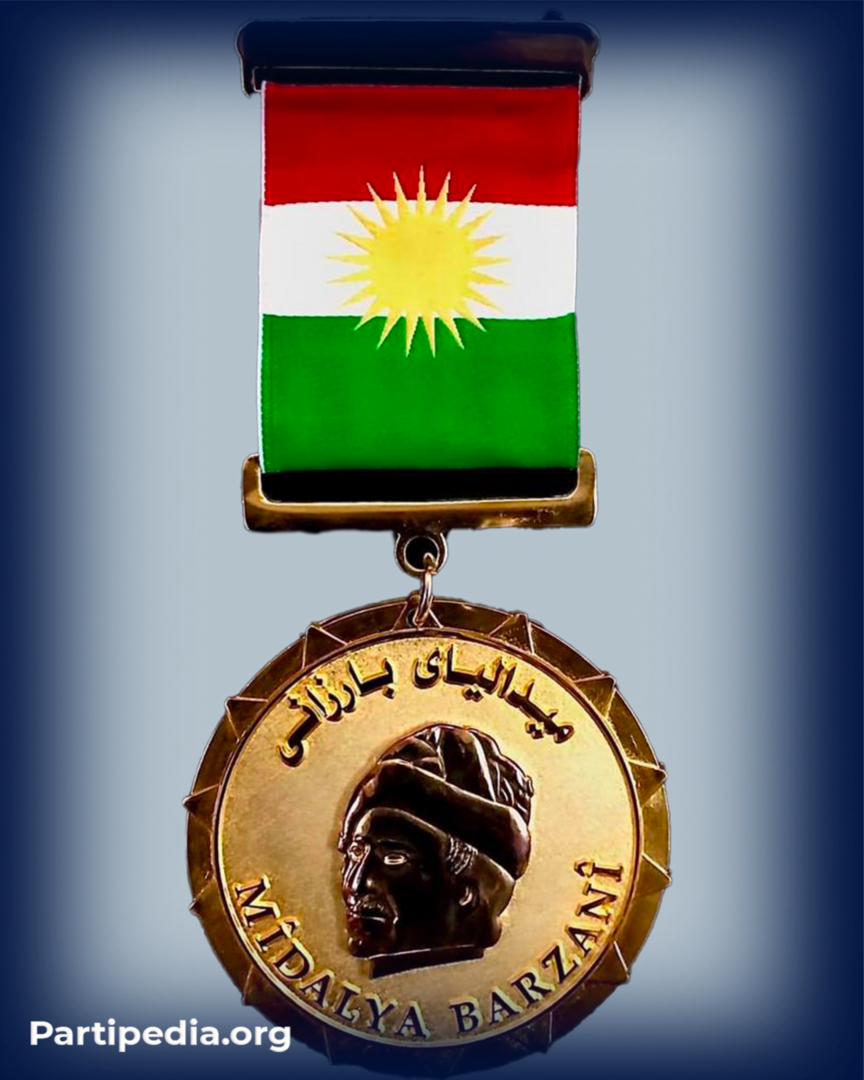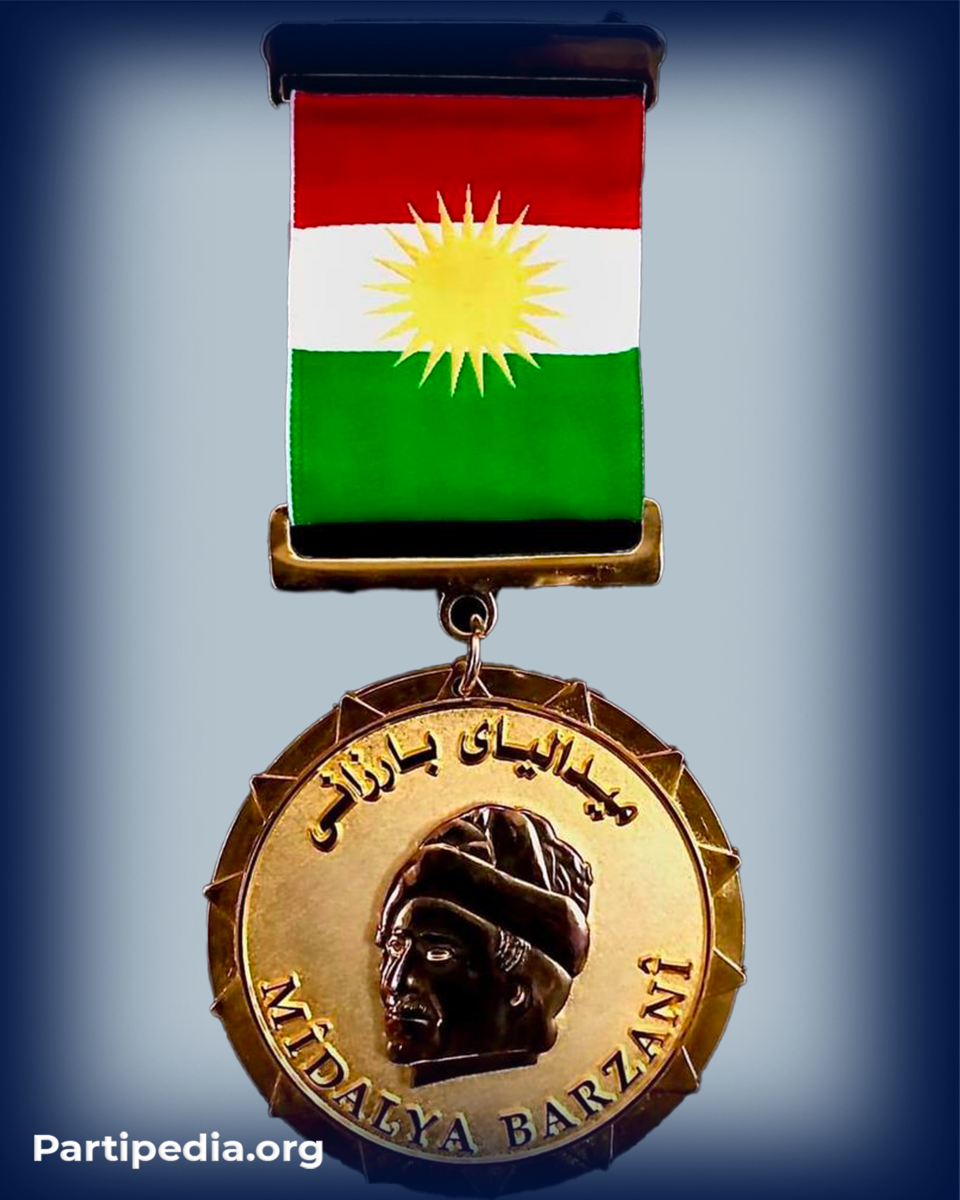Ismail Sadiq Betkari, widely known as Ismail Betkari, was born in 1951 in the village of Betkar, located in the Amedi district. His journey into the Kurdish struggle began in 1969 when he joined the Aylul Revolution, aligning himself with the Peshmerga forces. He served in the Duhok battalion under the command of Salim Asad Khoshaw, where he fought valiantly until 1975. During this period, he actively participated in significant battles, including those in Sartiz, Garwi Omar Agha, and Keli Shada in the Duhok region. However, following the collapse of the revolution in 1975, Ismail Sadiq returned to his native village.
In 1976, Ismail Sadiq Betkari once again became involved with the Kurdistan Democratic Party (PDK), rejoining its secret organizations within the Rzgari Organization of Branch 1. By 1980, he had returned to the ranks of the Peshmerga, where he served in the Martyr Khadr Mahmoud Organization. His leadership abilities were soon recognized, leading to his appointment as the deputy military chief of the Salahaddin Ayyubi Organization.
During the infamous Anfal and chemical attacks on Badinan in 1988, Ismail Sadiq played a crucial role in leading a large group of Peshmergas and local civilians to safety in North Kurdistan. Subsequently, they were relocated to the Mosh refugee camp. In 1992, he made his return to South Kurdistan, where he was appointed as the commander of a Peshmerga battalion in the Barwari Bala area of Duhok province. His military career continued to advance as he was later assigned to the 3rd Battalion in Kasnazan, Erbil province.
In 1997, Ismail Sadiq was appointed commander of the 18th Brigade of the 14th Army, and just a year later, in 1998, he took on the role of military commander of the Zerevan Army. His responsibilities grew further in 2000 when he was appointed commander of the 7th Force of the 18th Army, and then in 2002, he became the commander of Force 6 of the 14th Army.
Tragically, on August 14, 1998, while removing a mine from the football field in his native Betkar village in Duhok province, Ismail Sadiq lost his left eye and hearing. His dedication to the cause saw him participate in 25 battles, during which he was wounded seven times. His family also paid a heavy price; in September 1986, two of his brothers, two nephews, and a son were killed in bombings by Iraqi warplanes. Later that same year, in December, another brother, Izzat, was killed. The family endured further tragedy in 1993 when his father, Sadiq Betkari, a fellow Peshmerga of the Aylul Revolution, was poisoned in the Mosh refugee camp.
Due to his disabilities, Ismail Sadiq Betkari was retired with the rank of lieutenant and now resides in Duhok. His lifelong commitment to the Kurdish cause was recognized in 2010 when he was awarded the Barzani Medal by President Massoud Barzani at the 13th Congress of the Kurdistan Democratic Party.
Source:
Kdp encyclopedia archive





